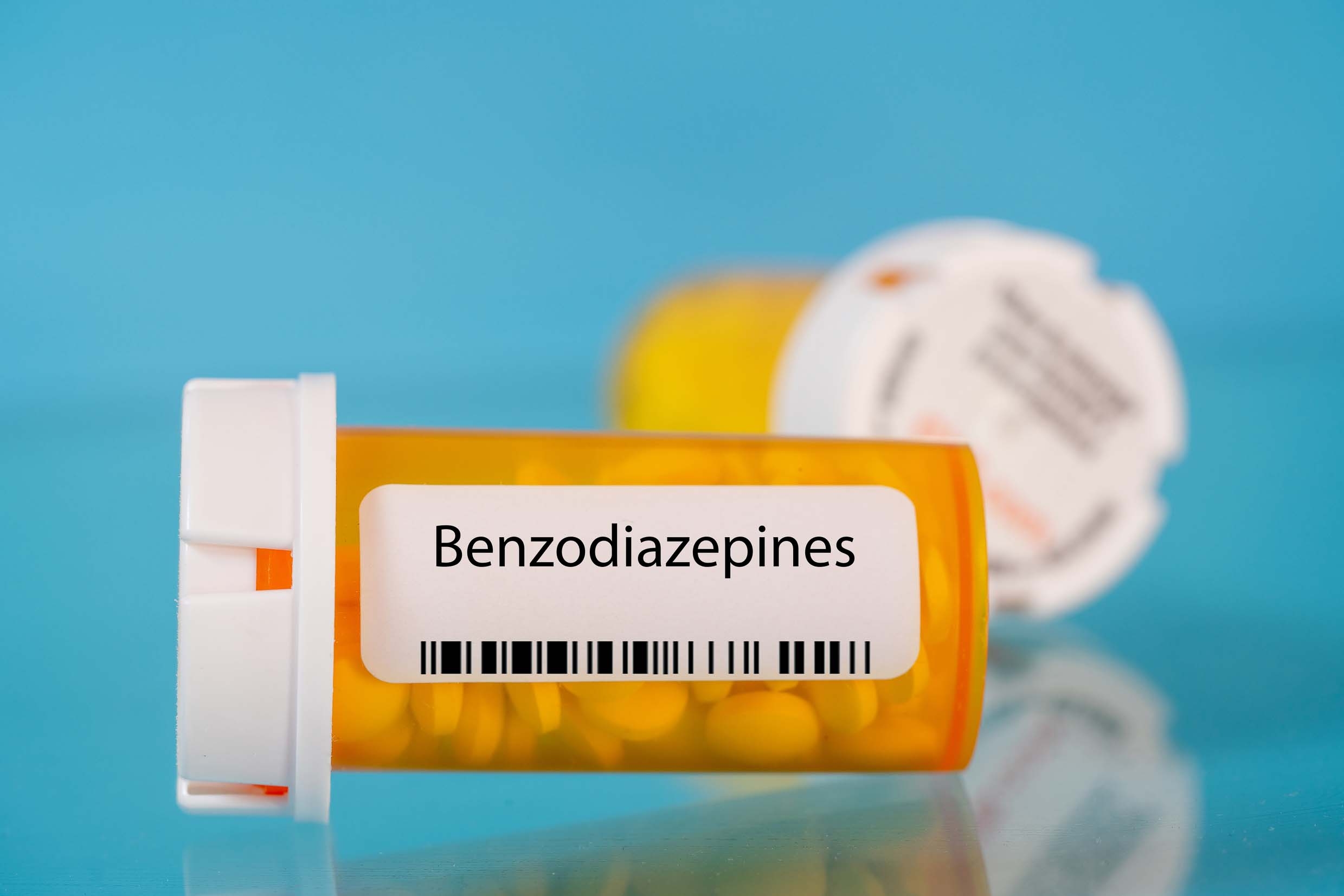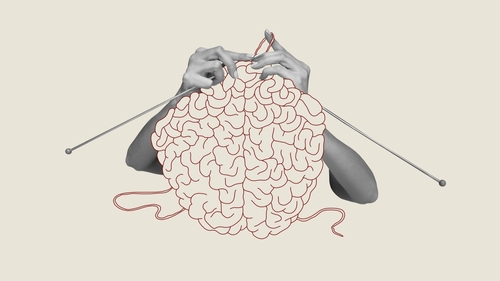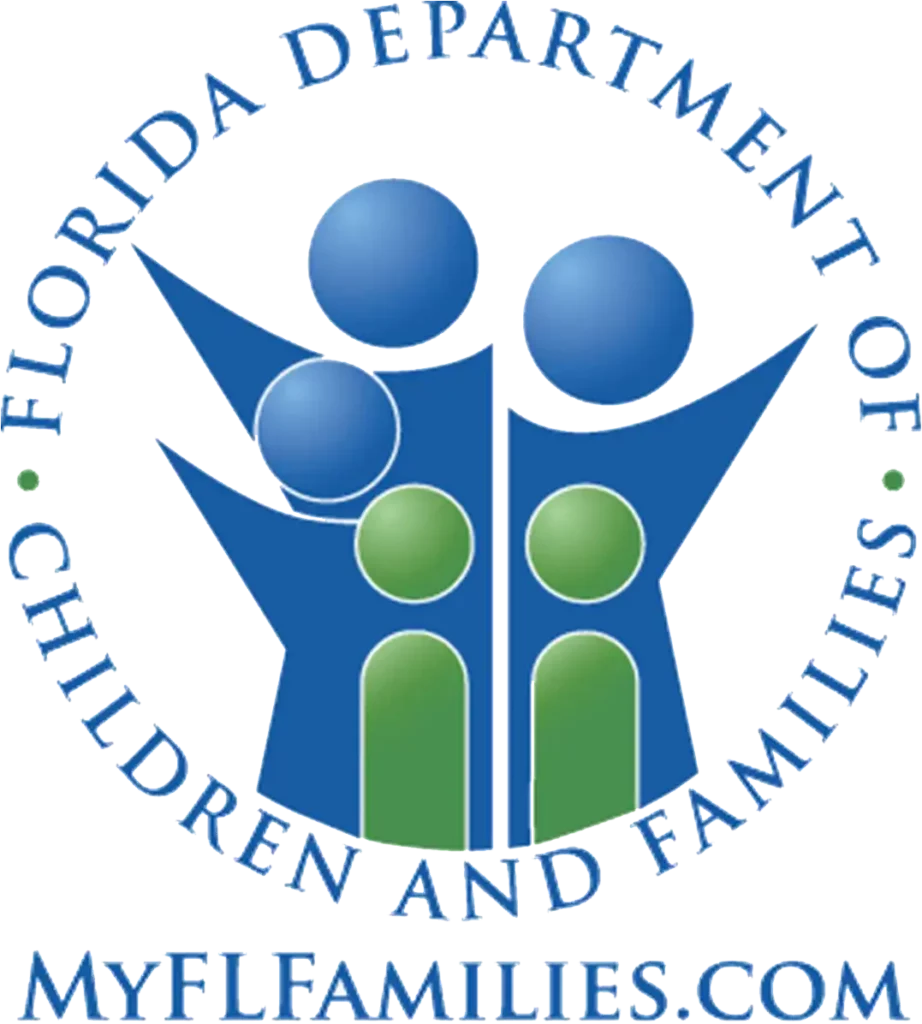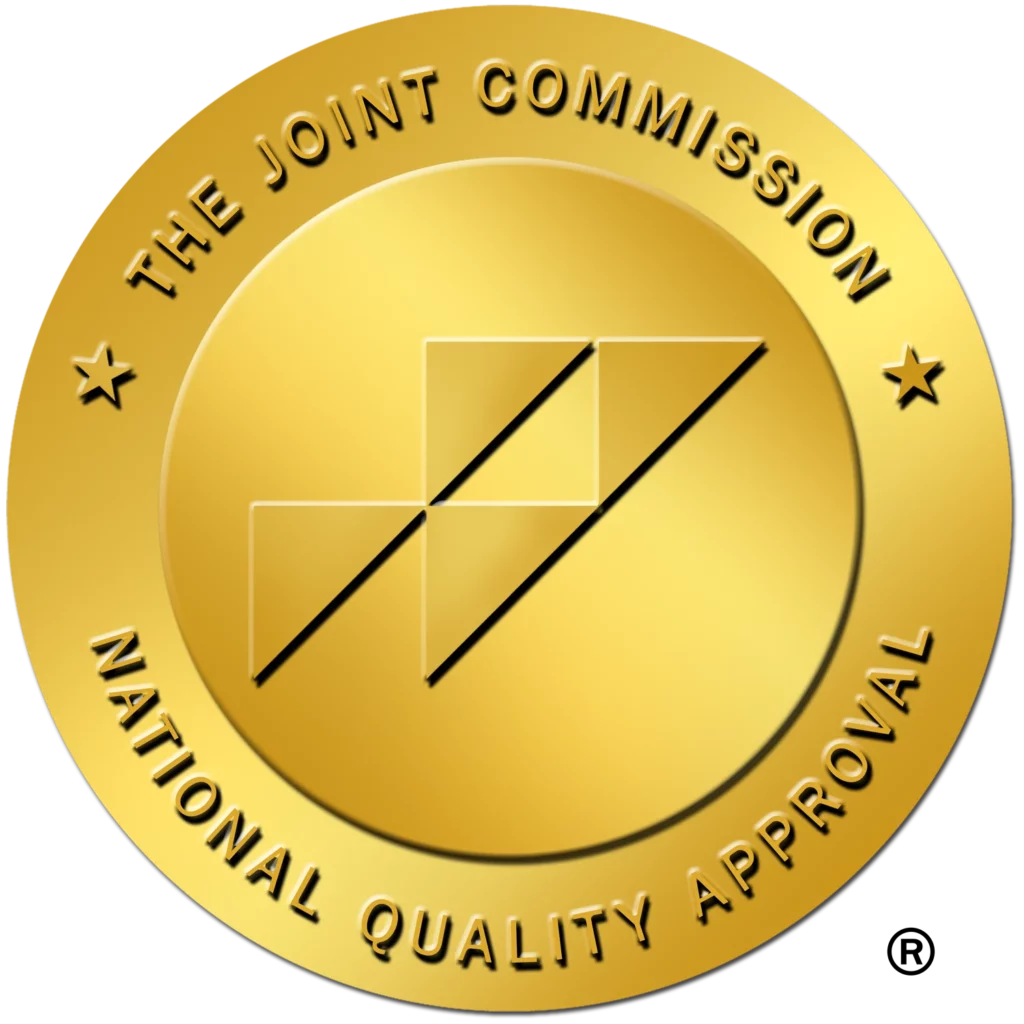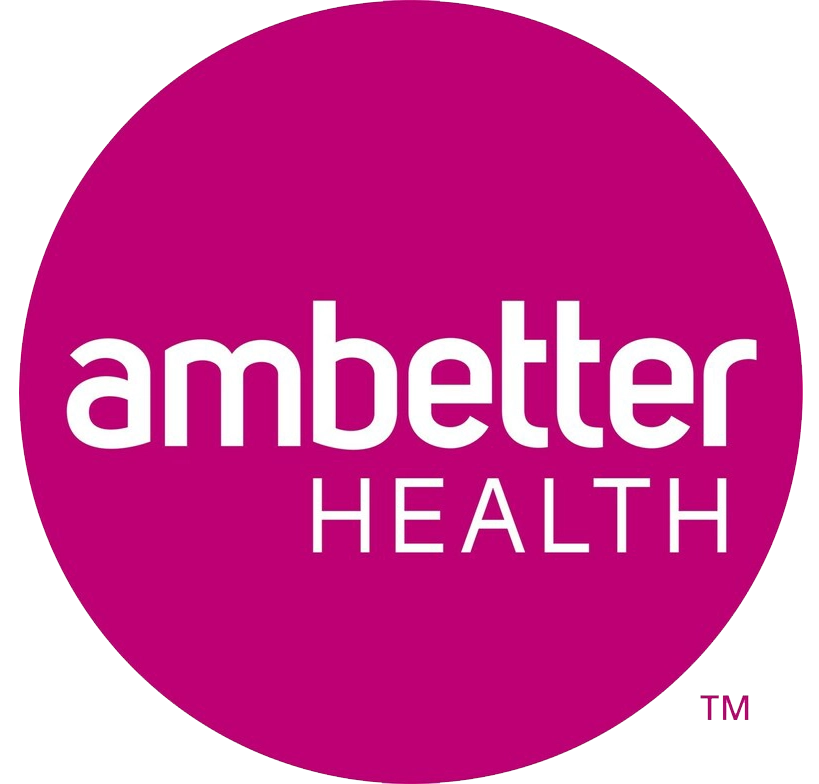Alcohol Withdrawal
This entry was posted in Alcohol Abuse and tagged alcohol, withdrawal on November 06, 2023 by Justin Baksh, MS, LMHC, MCAP, Chief Clinical Officer.

What is Alcohol Withdrawal?
Alcohol withdrawal refers to the physical and emotional symptoms that a person goes through when they have been drinking alcohol heavily over an extended time, and suddenly stops or decreases their alcohol intake. This abrupt change affects the chemical messengers in the brain. These messengers, call neurotransmitters, have become accustomed to the presence of alcohol, and are thrown off balance when it suddenly stops. This imbalance is what triggers withdrawal symptoms.
Who Is at Risk for Alcohol Withdrawal?
Heavy drinkers, people who drink a lot, will probably have withdrawal symptoms if they suddenly stop. The longer someone has been drinking heavily, the more their body gets used to it. That means they are more likely to have stronger withdrawal symptoms when they quit. Many people think withdrawal is something that only happens to alcoholics, but that’s not true. If you’ve become at all dependent on alcohol, meaning you feel like you need it to get through the day, you can have withdrawal symptoms.
The Stages of Withdrawal
The symptoms of alcohol withdrawal can get more severe as time goes on, starting out mild and then escalating. If you’re caring for someone in withdrawal, it’s important to watch for changes in their behaviour and physical symptoms. Catching these signs early can lead to faster medical help and a better chance of a smoother recovery.
Early Stages (6-12 hours)
Anxiety: You might notice the person becoming increasingly restless or agitated. There could be a constant fidgeting, pacing, or expressions of worry and fear.
Nausea: The individual may become pale, complain about feeling sick to their stomach, or even vomit. They might refuse to eat or even drink water.
Tremors: A shaky hand when reaching for an object or visible trembling of the limbs could be a telltale sign. In some cases, tremors might be subtle but will become apparent if you ask the person to hold their hand out flat.
Intermediate Stages (12-48 hours)
Increased Heart Rate: It may be difficult to observe this symptom without medical equipment, but signs like flushed skin, shortness of breath, or complaints of heart palpitations can point to this.
High Blood Pressure: Again, not easily observed without equipment, but symptoms like a red face, excessive sweating, or complaints of headaches could be related.
Mild Confusion: The person might appear disoriented, have trouble following conversations, or ask repetitive questions. Their speech may be unclear or inconsistent.
Mood Swings: Mood swings are common. The person may quickly switch between being angry, sad, and overly happy in a short amount of time. You might observe crying spells followed by bouts of laughter or anger.
Late Stages (48 hours to 1 Week)
Seizures: Any form of convulsive movements, such as uncontrollable shaking or jerking, requires immediate medical attention. The person may lose consciousness during or after the seizure.
Delirium Tremens (DTs): This severe form of alcohol withdrawal is a medical emergency. Symptoms include severe confusion, hallucinations (visual or auditory), extreme agitation, and intense fear or paranoia. The individual may also experience a very high fever and severe dehydration.
Completion (1-2 weeks or longer)
For those with severe alcohol dependency, detox may take up to two weeks or even longer in extreme cases.
The Dangers of Alcohol Withdrawal: Why Medical Care is Crucial
Alcohol withdrawal is far more than just a challenging experience—it poses serious risks to the person’s health and can even be fatal if not properly managed. Withdrawal symptoms are not just unpleasant, they can escalate to dangerous levels quickly. Given the potential severity of symptoms and complications—such as seizures, high blood pressure, and Delirium Tremens—medical supervision remains the safest option for alcohol detox. A healthcare team can monitor vital signs, administer medications, and provide immediate intervention if complications arise. A healthcare team can also tailor the detox plan according to the person’s needs, taking into account factors like overall health, the duration and level of alcohol use, and any other medical conditions they may have. This personalized approach ensures a safer and smoother detox process. Family and friends also play a critical role in this process. Your encouragement can be the deciding factor in whether someone chooses to detox in a medically supervised setting. If you notice someone struggling with withdrawal symptoms, don’t hesitate to seek medical help. Your intervention could be lifesaving.
Risks of At Home Detox
Attempting to manage alcohol withdrawal at home, without medical supervision, is risky for several reasons.
Unpredictable Symptoms
Even if symptoms start mild, they can escalate quickly to more severe and dangerous levels.
Lack of Medical Support
Without healthcare professionals, there’s no one to administer necessary medications or give emergency treatment.
Co-occurring Health Issues If you have other health conditions, withdrawal could make them worse, and make the whole situation more complicated and dangerous.
Mild Cases—A Word of Caution
In cases of very mild dependency, some individuals might consider at home detox, using over the counter medications to manage symptoms like nausea or irritability. Even if you think your case is mild, it’s still really important to talk to a doctor for the right advice and to keep an eye on your symptoms. The line between mild and severe symptoms can blur quickly, making it critical to have medical advice.
The Importance of Professional Guidance
Regardless of your situation, it’s imperative to consult with healthcare providers for a complete medical exam before making any decisions about alcohol detox. They can provide tailored advice and, if appropriate, discuss the least risky ways to manage withdrawal symptoms at home—although this is rarely recommended for alcohol withdrawal. If you or someone you know is considering detoxing from alcohol, it’s crucial to consult with healthcare providers for a structured, medically supervised detox plan. This is not an experience to undergo alone or without professional help, given the high risks involved. Safety should be the top priority, and medical supervision is the best way to ensure that.
A Path Forward: Hope in Recovery
We know that facing alcohol withdrawal can be scary, but it’s important to remember that you’re not alone. Many people have walked this difficult path and come out stronger on the other side. With the right medical help and the support of your loved ones, you too can successfully navigate this challenging phase and move towards a healthier life.
Your journey to recovery is just that—a journey. It might have bumps and turns, but each step you take is a step away from dependence and toward a future where you’re in control. Don’t lose sight of that hope. It’s never too late to make a positive change, and support is out there for you, whether from medical professionals, family, or communities who understand what you’re going through.
So take that first step, reach out for the help you need, and know that a better, healthier life is not just possible—it’s within reach.

